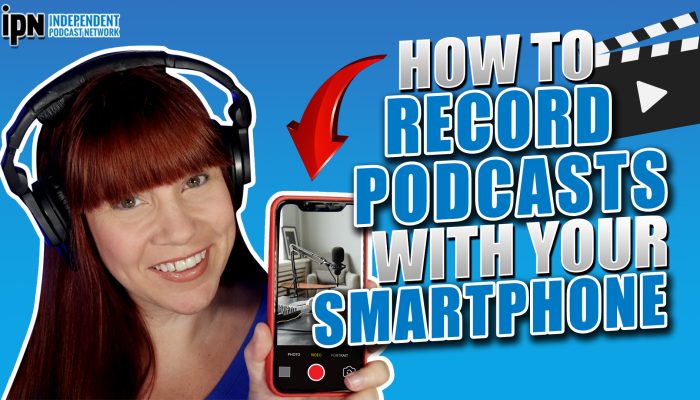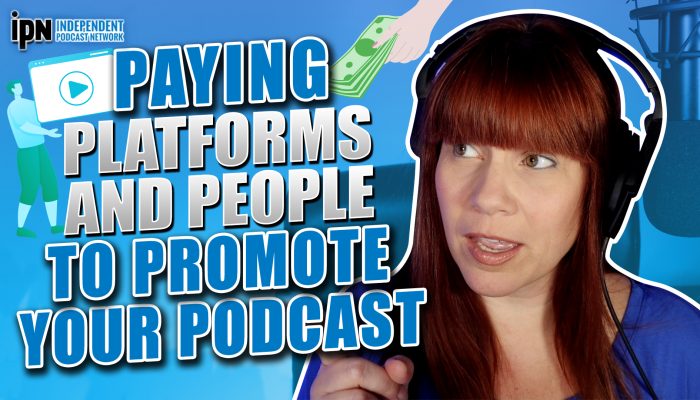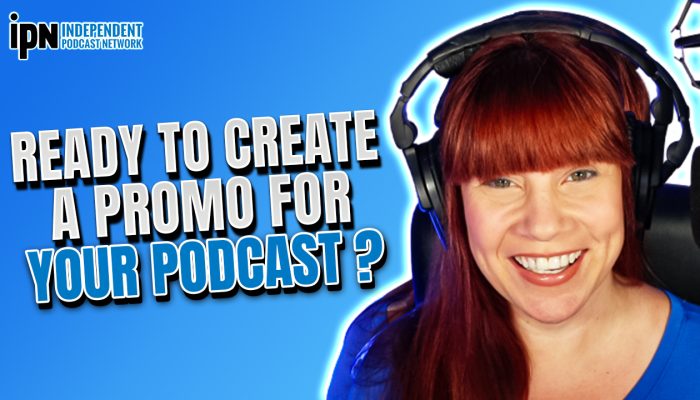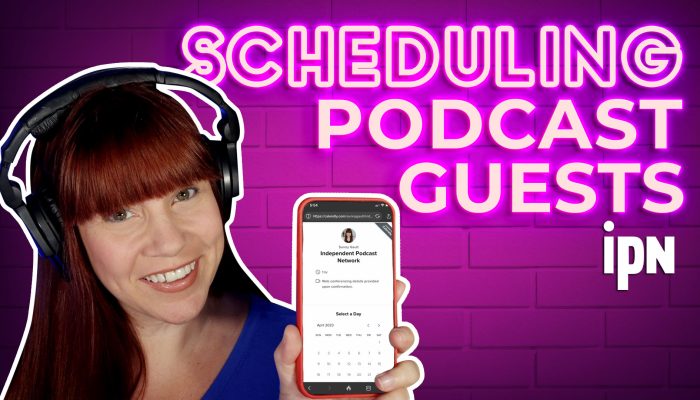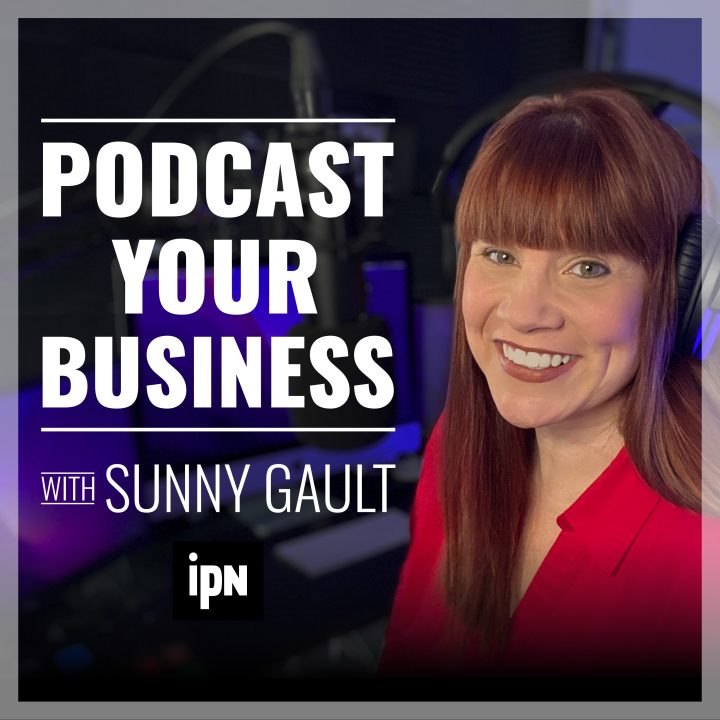
Q&A episodes offer a wealth of benefits for both you and your audience. But hosting a successful Q&A episode is more than just answering a few questions on the fly. It requires careful planning, preparation, and execution to create a truly valuable, engaging experience for your listeners. From gathering the right questions to promoting your episode and engaging with your audience after the fact, there are many moving parts to consider.
Gather Questions from Your Audience
To ensure your Q&A resonates with your listeners, it’s essential to involve them in the question-gathering process. Leverage social media platforms like Twitter, Facebook, and Instagram to reach out to your followers and invite them to submit their burning questions. Create posts that clearly communicate your plans for a Q&A episode and provide straightforward instructions on how they can contribute.
If you’ve got an email list, send out a newsletter announcing your upcoming Q&A and encourage subscribers to reply with their questions. Don’t forget to dedicate a segment of your regular podcast episodes to remind listeners about the upcoming special and invite them to send in their questions.
Organizing Your Questions
Once the questions start pouring in, it’s crucial to have a system in place for organizing and filtering them. Create a spreadsheet or document to compile all the submitted questions. Review each one and assess its relevance to your podcast’s theme, target audience, and the specific topic of your Q&A episode.
Prepare for the Q&A
Preparation is key to ensuring a smooth, informative, and engaging experience for both you and your listeners. Here’s how to set yourself up for success:
- Research the Topics: Dive into the questions you’ve received and familiarize yourself with the topics at hand. Take some time to research any unfamiliar subjects or concepts to ensure you have a solid understanding of what your listeners are asking. This will help you provide more comprehensive and accurate answers during the episode.
- Sequence the Questions: Arrange the questions into a logical flow. Group similar questions together and sequence them in a way that makes sense. Consider starting with more general questions and gradually moving towards more specific or complex ones. This will help you maintain a coherent structure throughout the Q&A and make it easier for your listeners to follow along.
- Create Talking Points: To make sure you’re fully prepared, create talking points or notes for each question. Jot down key information, statistics, or examples you want to mention in your answers. Having a roadmap will help you stay on track and ensure you don’t miss any crucial points. However, be careful not to script your answers word-for-word, as you want to maintain a natural and conversational tone.
- Practice Your Responses: Once you’ve organized your questions and prepared your notes, take some time to practice answering them out loud. This will help you get comfortable with the flow of the Q&A and identify any areas where you might need to clarify your thoughts or expand on your answers. As you practice, try to anticipate potential follow-up questions your listeners might have and consider how you would address them.

Host Your Q&A Episode
You’ve done the prep work, and now it’s time to dive into the main event – hosting your Q&A episode! This is your chance to connect with your audience, share your knowledge, and provide valuable insights.
Set the Stage
Start your episode with a warm welcome and a brief introduction to the Q&A format. Remind your listeners why you’re hosting this special episode and express your excitement to tackle their questions. Setting expectations from the get-go will help your audience understand what they can expect from the episode and keep them engaged throughout.
Maintain a Conversational Tone
While it’s important to provide informative answers, remember to keep your tone conversational and approachable. Imagine you’re having a chat with a friend or colleague – use a friendly, engaging voice and avoid sounding too scripted or robotic. Injecting a bit of humor or personality into your responses can go a long way in keeping your listeners hooked and making the experience more enjoyable for everyone involved.
Encourage Listener Participation
Throughout the episode, look for opportunities to encourage listener participation and engagement. Invite your audience to share their own experiences, opinions, or follow-up questions in the comments section or on social media. Fostering a sense of community and dialogue around your Q&A will help strengthen the connection between you and your listeners and keep them coming back for more.
Post-Episode Engagement and Follow-Up
Congratulations on hosting a fantastic Q&A episode! But wait, your work isn’t done just yet. Engaging with your audience after the episode has aired is just as important as the Q&A itself. Foster ongoing conversations and provide additional value in your newsletter and on your social media channels. And if your Q&A was a success, you can even start teasing the next one!
Tips for a Successful Q&A Episode
Now, let’s dive into some extra tips and best practices to take your Q&A from good to great. These insights will help you create a truly memorable, valuable experience for your listeners and establish your podcast as a go-to resource in your niche.
- Stay Authentic and Transparent: Don’t try to put on a persona or pretend to have all the answers. Your listeners will appreciate your authenticity and vulnerability. Admitting when you don’t know something and committing to following up with more information showcases your integrity and builds trust with your audience.
- Stay on Topic and Respect Your Listeners’ Time: While it’s important to provide thorough, detailed answers to your listeners’ questions, be mindful of their time. Stay focused on the core topic of each question and avoid going off on lengthy tangents.
- Provide Actionable Insights and Value: Aim to provide actionable insights, strategies, and advice that your listeners can implement in their own lives or businesses. Share real-world examples, case studies, or personal experiences that illustrate your points and make your advice more concrete.
- Consider Inviting Guests or Experts: To add even more depth and variety to your Q&A, consider inviting guests or experts to join you on the episode. This could be someone with specialized knowledge in a particular area, a colleague with a unique perspective, or even a listener with a compelling story to share.
Conclusion
As you embark on your Q&A journey, remember to stay authentic, focused, and committed to providing value to your listeners. Embrace the opportunity to learn from your audience, collaborate with others, and continually refine your approach. With each Q&A episode, you’ll not only strengthen your skills as a host but also build a loyal, engaged following that eagerly awaits your every release.

